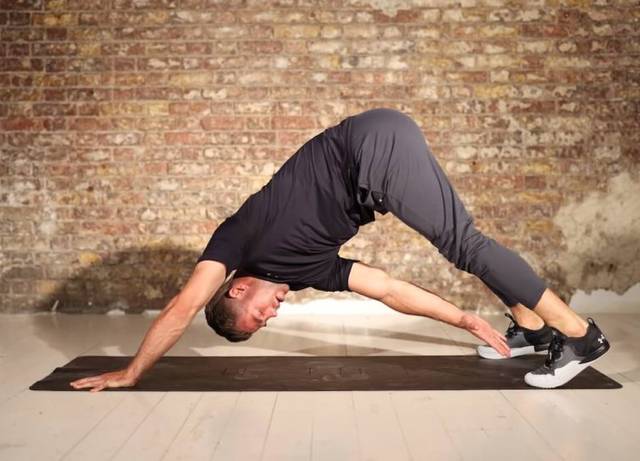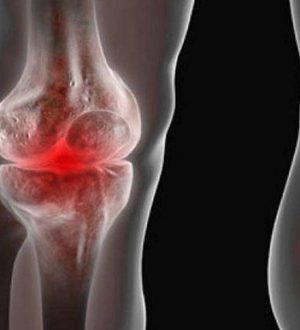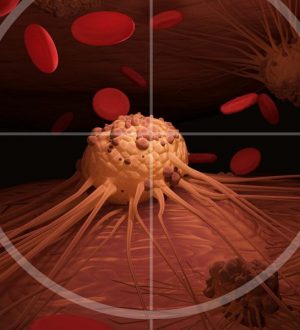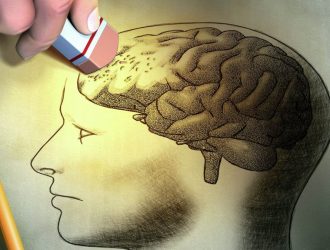
Here are 15 incredible benefits of exercise that go way beyond just weight loss. Exercise is an epigenetic stimulus. What does that mean? It means that it actually can affect your genes in a very positive way. Our bodies were definitely meant to exercise, we have over 10 million sweat glands. That is our air conditioner. We have that to adapt to heat while we’re exercising and be able to cool down. We are able to sweat at least a liter every single hour if we need to in order to maintain these temperatures, and exercise activates a lot of different repair systems in our body. But your results with exercise depend on your rest and recovery. So if you’re overtraining, you’re not going to see much benefit from these things we’ll be covering, so let’s dive right in.
Contents
- 1 1. Benefits to the autonomic nervous system
- 2 2. It decreases the risk of heart attacks
- 3 3. Decreases risk of high blood pressure
- 4 4. Decreases risk of a stroke
- 5 5. Decreases risk of getting cancer
- 6 6. Decreases risk of diabetes
- 7 7. Decreases risk of anxiety and depression
- 8 8. Decreases risk of dementia
- 9 9. Decreases stress
- 10 10. Increases willpower
- 11 11. Decreases inflammation
- 12 12. Increases longevity
- 13 13. Increases fertility
- 14 14. Decreases low back pain
- 15 15. Increases energy
- 16 15 incredible benefits of exercise
- 17 Learn more
1. Benefits to the autonomic nervous system
The nerve system works on automatic and there are two parts of it. There is the sympathetic nervous system and the parasympathetic nervous system. And certain body parts are more heavy in one system than the other. Like your digestive system is heavy on the parasympathetic side, which is rest and digest, whereas the inside of the adrenal, the adrenal medulla gland, is a hundred percent sympathetic.
But the heart is a nice 50/50 split of both sympathetic and parasympathetic, and so there is a test called “The Heart Rate Variability Test”, which measures the balance of the sympathetic and parasympathetic. That relates to the next few benefits.
2. It decreases the risk of heart attacks
The heartbeat has its own rhythm, and you would think that the timing or the distance between the heartbeat should be all the same when you’re at rest. But in a healthy body it should be varied. Let’s say, for example, your heart rate is 60, that’s 60 beats per minute, and so each beat would be a second, right? So heart rate variability is measuring this distance between the heartbeat. It’s not all the same and the more varied it is, the more flexible your heart is, the more elastic your heart tissue is, and the vascular part of that.
When the heart gets older or inflamed, it becomes rigid, and that’s when you see the exact distance between the heartbeat, and that’s not very healthy. So when you stress the body, there’s no room for elasticity, so exercise strengthens the elasticity of the heart. It strengthens the variability between the heartbeats, and it decreases the risk for heart attacks.
3. Decreases risk of high blood pressure
It also decreases the risk for getting high blood pressure because your vascular system is more elastic. In fact, just exercise being a variability alone, can decrease the risk of getting high blood pressure by 35 to 50 percent.
4. Decreases risk of a stroke
5. Decreases risk of getting cancer
It can decrease the risk of getting certain types of cancer: lung cancer, bowel cancer, uterine cancer by 16 percent. It can even decrease breast cancer by 11 percent (learn more about Lower Your Cancer Risk Down to ZERO). Because of how exercise stimulates the antioxidant network to protect all this free radical damage that’s occurring, so you’re actually building up networks of antioxidants when you’re exercising to keep the damage to your mitochondria at a minimum.
You actually increase the number of mitochondria when you exercise, so you end up with more mitochondria and bigger mitochondria, which gives you more capacity for energy. So, exercise increases your energy.
6. Decreases risk of diabetes
Why? Because in the muscle tissue the genetic effect of exercise actually makes insulin more sensitive. So, if you have insulin resistance, which is a condition responsible for so many health conditions such as fatty liver, weight gain, high blood pressure, diabetes, etc., using exercise to improve insulin sensitivity is a huge benefit.
This is why it can help your blood sugars. So, exercising will burn off this extra sugar that you have and lower your insulin.
7. Decreases risk of anxiety and depression
Exercise decreases the risk for anxiety and depression because you’re improving all sorts of neurotransmitters, including dopamine. You increase endorphins as well, and you actually help lower cortisol. So this is why it can greatly reduce your stress, and that benefit alone is a worthy reason. Also, as you’re exercising, you’re taking your mind off all your worries, which is extremely therapeutic.
8. Decreases risk of dementia
Exercising improves your memory because part of the brain that atrophies when you get dementia is called hippocampus. Exercise slows down the shrinkage of that part of the brain that is responsible for dementia. So exercise improves your cognitive function. It can even increase something called brain derived neurotrophic factor and help you grow new nerves.
9. Decreases stress
It’s been already mentioned that exercise lowers stress and decreases cortisol, which will help you sleep better. So, the more you keep your exercise consistent, the better you sleep.
10. Increases willpower
People that cannot stay consistent with exercise, people that cannot do intermittent fasting for a period of time or keep their diet clean for a period of time, usually have low willpower. So you can use these things to strengthen it.
11. Decreases inflammation
Exercise helps reduce inflammation as long as you recover from the exercise. If you’re overtraining and your muscles are sore, and you keep exercising and you keep having inflammation, then it’s not going to work. You must rest to recover after the exercise.
12. Increases longevity
Exercise can help increase longevity because of all the benefits mentioned above: decreasing risk for heart attacks, strokes, cancer, etc.
13. Increases fertility
14. Decreases low back pain
Exercise helps get rid of low back pain, and it will also greatly decrease joint pain.
15. Increases energy
As mentioned, exercise will greatly improve your energy.
With all these benefits mentioned, you can understand the positive impact exercise has on your health.
15 incredible benefits of exercise
- It strengthens your autonomic nervous system
- It decreases the risk of heart attacks
- It decreases the risk of high blood pressure
- It decreases the risk of stroke
- It decreases the risk of cancer
- It decreases the risk of diabetes
- It decreases the risk of anxiety and depression
- It decreases the risk of dementia
- It decreases your stress
- It increases your willpower
- It can help reduce inflammation (with recovery)
- It can help increase longevity
- It can help improve fertility
- It can help decrease low back pain and joint pain
- It increases your energy








I’m 75 and started the 1 hour exercise class at the Senior Center a few weeks ago. It’s difficult because I got out of the habit in the lockdowns, but I pause when out of breathe and need to rebuild my stamina. Immediately, I felt so much more happier and energized. When we’re tired we think we need to rest, but we need activity to feel alive.